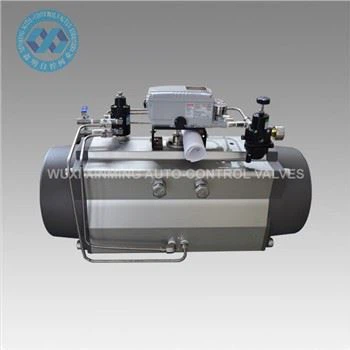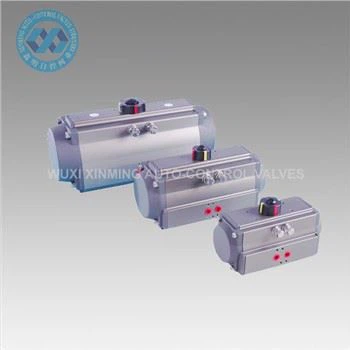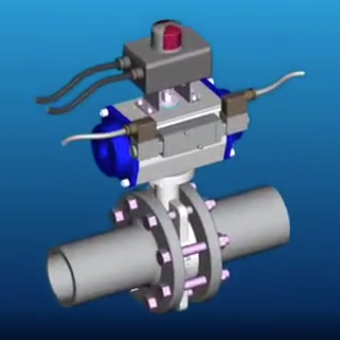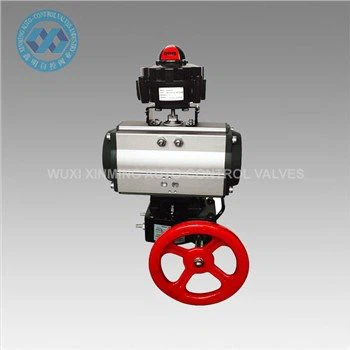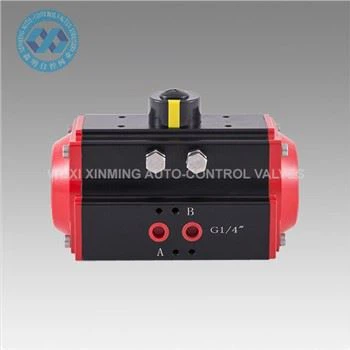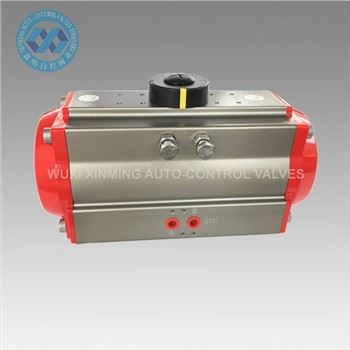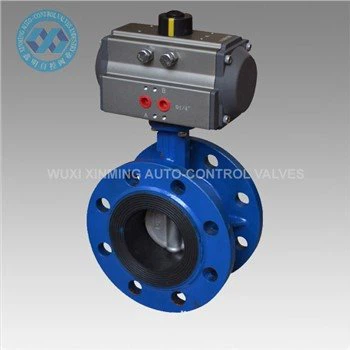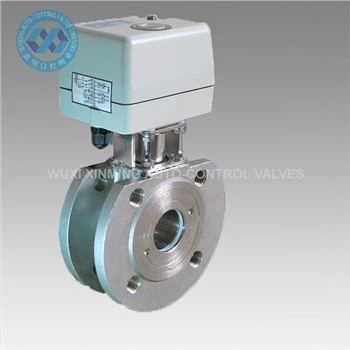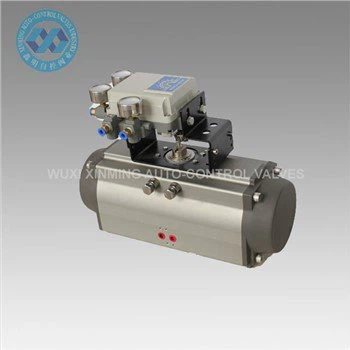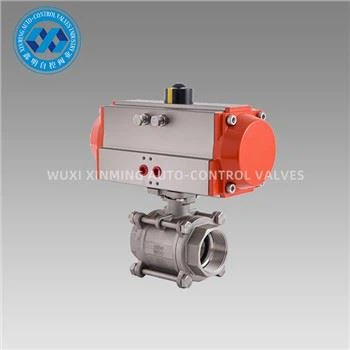Pneumatic actuator are widely used to automate valve operations in industries such as oil and gas, water treatment, and chemical processing. These devices convert compressed air into linear or rotary motion to control valve opening and closing, offering reliability and rapid response. Below is a breakdown of their key features and cost considerations.
Types of Pneumatic Valve Actuators
- Linear Actuators: Ideal for gate or globe valves, providing straight-line motion. Prices range from 1,500, depending on force (thrust) requirements.
- Rotary Actuators: Suited for ball, butterfly, or plug valves, offering 90° or 180° rotation. Costs vary from 3,000, influenced by torque output (e.g., 10 Nm to 1,000 Nm).
- Rack-and-Pinion vs. Scotch Yoke: Rack-and-pinion designs (common for quarter-turn valves) are cost-effective (800), while scotch yoke actuators (high-torque, heavy-duty) range from 5,000.
Key Price Determinants
- Torque/Thrust Requirements: Higher torque (e.g., 500 Nm) or thrust (e.g., 10,000 lbs) increases costs.
- Material: Aluminum housings are affordable (800), while stainless steel or corrosion-resistant coatings (for harsh environments) add 20–50% to the price.
- Pressure Rating: Actuators rated for high pressure (150+ PSI) or extreme temperatures cost 15–30% more.
- Accessories: Positioners, limit switches, or air preparation units (filters, regulators) raise total system costs by 10–40%.
Applications and Industry-Specific Features
- Oil and Gas: Explosion-proof certifications (ATEX, IECEx) and high-torque designs (5,000).
- Food and Beverage: Sanitary stainless steel actuators with IP69K ratings (3,500).
- Water Treatment: Budget-friendly, low-maintenance models (1,000) for pumps and control valves.
Cost Optimization Tips
- Standard vs. Custom: Choose standardized models unless unique mounting or stroke lengths are necessary.
- Energy Efficiency: Opt for actuators with low air consumption to reduce operational costs.
- Supplier Partnerships: Leverage bulk orders or long-term contracts for discounts.
Conclusion
Pneumatic valve actuators offer a cost-effective solution for industrial automation, with prices reflecting performance, durability, and compliance needs. Evaluating torque, environmental conditions, and lifecycle costs ensures the right balance between upfront investment and long-term reliability.
If you want to learn more about low-priced products, please visit the following website: www.xm-valveactuator.com


